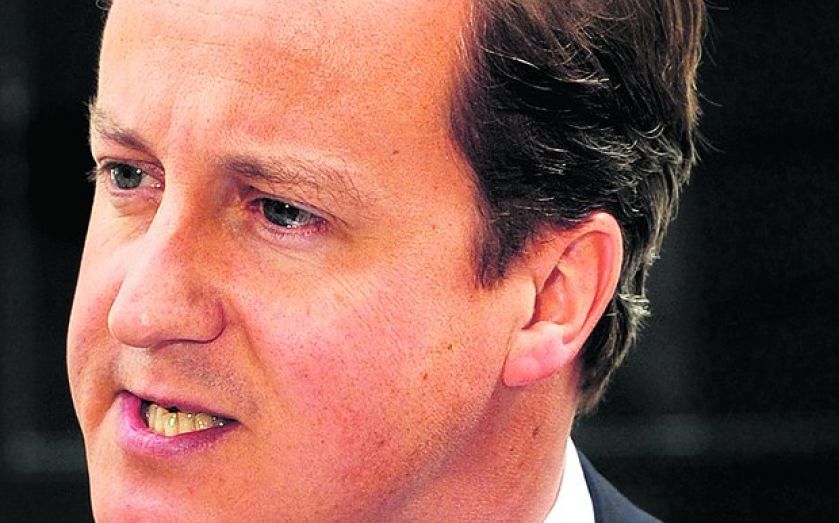David Cameron pledges to end London domination

Prime Minister David Cameron joined the herd of politicians criticising the country’s reliance on London yesterday, even as official figures demonstrated the long-term increase in the capital city’s value to the economy.
“For too long our economy has been too London-focused and too centralised,” Cameron said, launching the first part of a £12bn investment programme designed to tilt the UK economy away from the capital.
Cameron then used Twitter to attack the previous government’s record, adding: “Under Labour our economy was too London-focused. Local growth deals will help change that.”
But the city’s swelling importance to the economy under both the previous and current administrations was laid out by the Office for National Statistics (ONS) yesterday.
The figures show that the capital took an increasingly dominant position during the previous government, between 1997 and 2010, swelling as a portion of the country’s total gross value added (GVA), a major measure of output.
London made up 19.43 per cent of the nation’s GVA when Labour came into office in 1997, and 21.79 per cent in its last full year in 2009.
The capital’s growing share of value added has not stopped expanding under David Cameron’s period in office, climbing to 22.36 per cent in 2012 and likely further in more recent years.
Last week, Labour leader Ed Miliband also railed against the capital’s economic position, suggesting that 80 per cent of private sector jobs created under the current government were located in London. His statement was criticised for using out of date figures, however.
Yesterday’s official statistics showed London and the south east of England were the only regions where the share of national GVA grew over the 15 years to 2012.
The capital’s value added per head of population had also risen by six per cent against the nationwide average in the same period, while nearly every other region had recorded a minor decline.